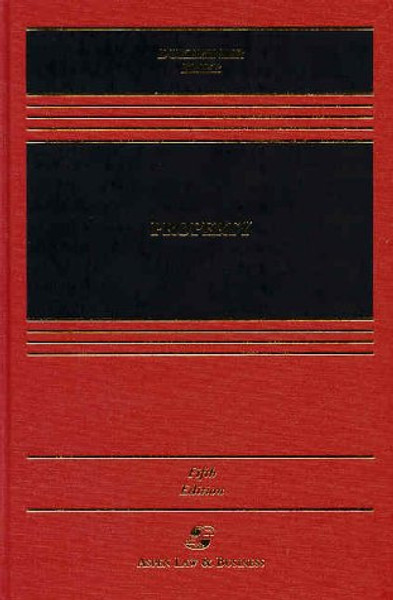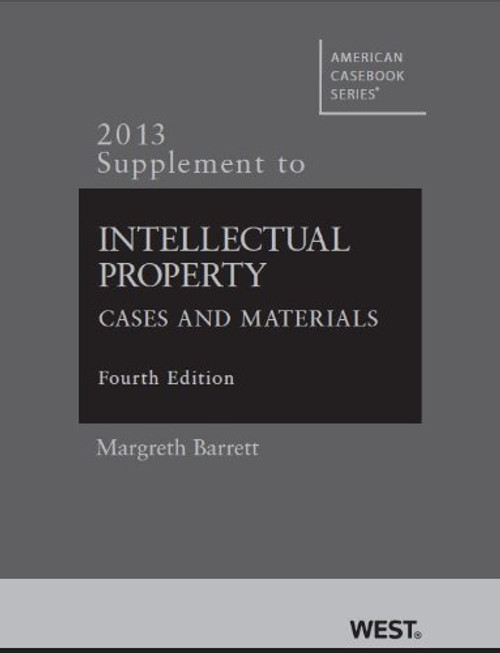Product Overview
This highly respected and widely used casebook -- long recognized by both students and instructors as one of the best available for any course -- continues to offer a dynamic and distinctive introduction to the law of property. Carefully preserving the excellent foundation created by original authors the late Jesse Dukeminier and James Krier, PROPERTY, Sixth Edition, incorporates a wealth of new material.
What makes PROPERTY such an ideal casebook?
- a unique blend of wit, erudition, insight, and playfulness
- engaging structure that encompasses cases, text, questions, problems, visual illustrations, and examples
- modular organization makes the book highly adaptable to a range of syllabi and equally well suited for use in property courses with different emphases and credit hours
- distinctive sense of humor and human-interest perspective
- comprehensive coverage of property topics, including in-depth treatment of estates and future interests, servitudes, and land-use controls
- cases are enhanced and connected to broader legal principles by well-written notes, questions, and problems
- the authors employ an accessible 'economic lens' as a tool for thinking critically about property -- with the caveat that 'the economics in the book can be managed easily... even by the totally uninitiated; it can also be ignored or even scorned.'
- extensive Teacher's Manual that answers every question and problem in the casebook, provides brief comments, and offers deeper analysis and observations
Changes for the Sixth Edition reflect meticulous updating:
- James Krier is joined by new coauthors Gregory Alexander and Michael Schill in integrating new developments while carefully retaining the distinctive character of this highly successful casebook
- Intellectual Property materials are substantially revised to incorporate cases recommended by users and decrease the emphasis on cyberspace
- the Takings chapter is fully updated with new developments and recent Supreme Court cases, including Tahoe Sierra and Kelo v. New London
- chapters on Estates and Future Interests are shortened by deleting older materials on the Rule Against Perpetuities (RAP) and adding newer materials on the RAP and Dynastic Trusts
- real estate transaction coverage is enhanced by: a shorter, more up-to-date description of a typical transaction; an updated sales contract; a new section on brokers with a case on broker fiduciary duty; new text on multiple listing services, antitrust implications, and broker commissions; e-signatures and the statute of frauds; remedies for breach of real estate sales contracts, including two new cases on the calculation of damages, rescission, and retention of deposit; and new emphasis on how the law of real property differs from the law of contracts and the UCC
- prudent trimming of the materials on Equitable Servitudes, particularly on touch and concern and vertical privity requirements
- for professors who prefer to devote less time to future interests, a new, optional 'short form' version appears in the completely updated Teacher's Manual
Visit the companion website for Property, Sixth Edition, where you can find more information about the book and authors.





![Property Law: Practice, Problems, and Perspectives [Connected Casebook] (Aspen Casebook) Property Law: Practice, Problems, and Perspectives [Connected Casebook] (Aspen Casebook)](https://cdn11.bigcommerce.com/s-g9mehhprbl/images/stencil/500x659/products/386234/735064/41BHF4o%252BWvL__75905.1699866530.jpg?c=1)

